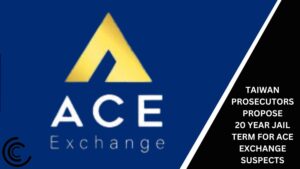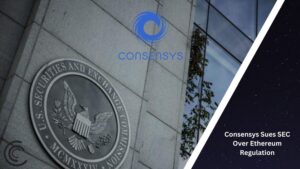Key Takeaways
- Almost 6,000 officials to be obligated to make their private crypto holdings public through the Public Official Ethics System
- Earlier this year, a law mandated high-ranking government officials to disclose their crypto assets as part of their annual asset declarations
In a groundbreaking move aimed at fostering transparency, South Korea’s Ministry of Personnel Management has announced a new policy requiring high-ranking public officials to disclose their cryptocurrency holdings.
Starting from the upcoming year, almost 6,000 officials will be obligated to make their private crypto holdings public through the Public Official Ethics System, providing citizens unprecedented access to this information beginning in 2024.
The decision to implement the Public Official Ethics System represents a significant departure from the previous practice where some public servants individually disclosed their crypto assets via official gazettes or government websites.
This streamlined system is expected to enhance accessibility and understanding of the financial interests of government officials, aligning with global efforts to increase transparency in public service.
Crucially, major South Korean cryptocurrency exchanges, including Upbit, Bithumb, Coinone, Korbit, and Gopax, have committed to launching dedicated “information provision systems” by June 2024. These systems aim to simplify the registration of information about crypto holdings, further facilitating the tracking of officials’ crypto assets.
This move follows a May 2023 controversy involving Kim Nam-kuk, a member of the Democratic Party, who faced scrutiny for reportedly holding at least $4.5 million in Wemix (WEMIX) tokens, developed by the South Korean blockchain game developer Wemade. The incident raised concerns about potential conflicts of interest, insider information usage, and even money laundering, prompting a reevaluation of disclosure practices.
The legislative push towards greater transparency gained momentum in May when lawmakers passed two bills requiring elected and high-ranking government officials to disclose their crypto assets as part of their annual asset declarations. This legislative initiative aims to reinforce public trust by providing visibility into the financial interests of government officials, including their involvement with cryptocurrencies.
Minister of Personnel Management, Kim Seung-ho, expressed optimism about the measures, stating, “It is expected that the transparency of the public service will be further enhanced through the implementation of an integrated public disclosure service and the registration of virtual assets.”
In a broader regulatory context, South Korea has actively sought to refine its approach to cryptocurrencies. In June, legislators passed a comprehensive series of 19 bills aimed at safeguarding crypto investors, granting oversight authority to the Financial Services Commission (FSC) and the Bank of Korea over crypto operators and asset custodians.
Beyond these measures, the Democratic Party of Korea, holding a majority in the National Assembly, took additional steps by mandating prospective candidates to disclose digital asset holdings on their party profiles.











